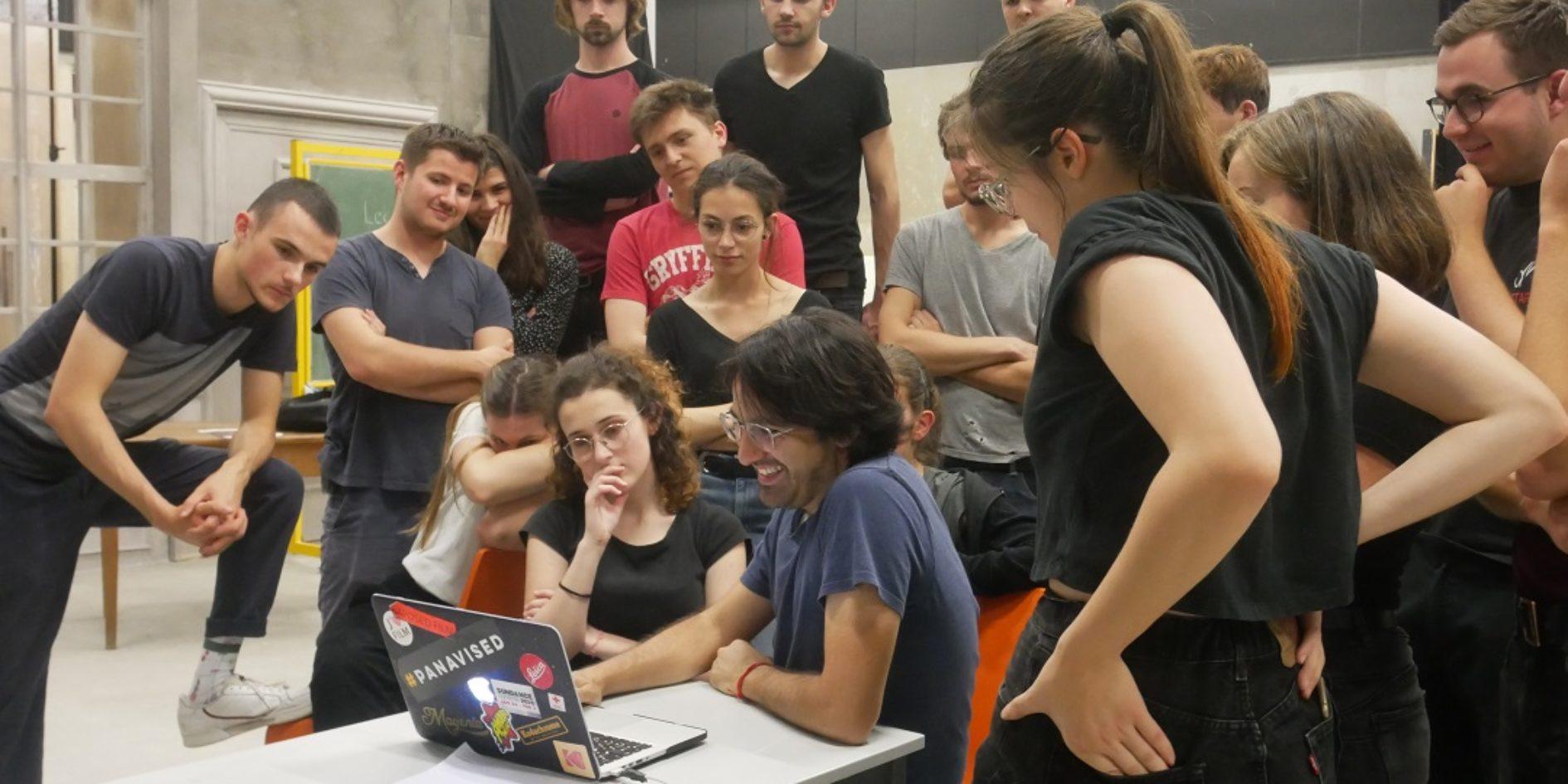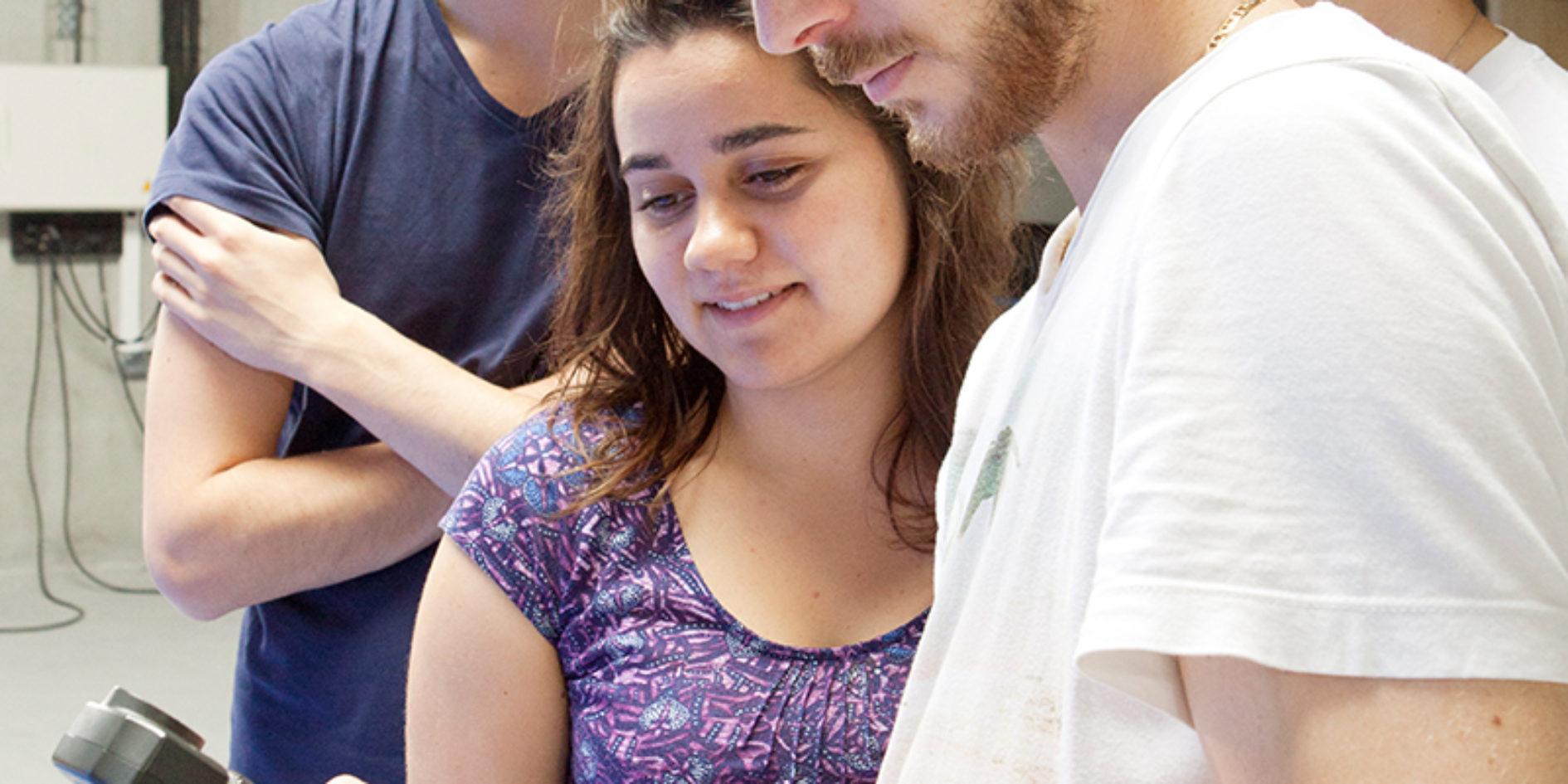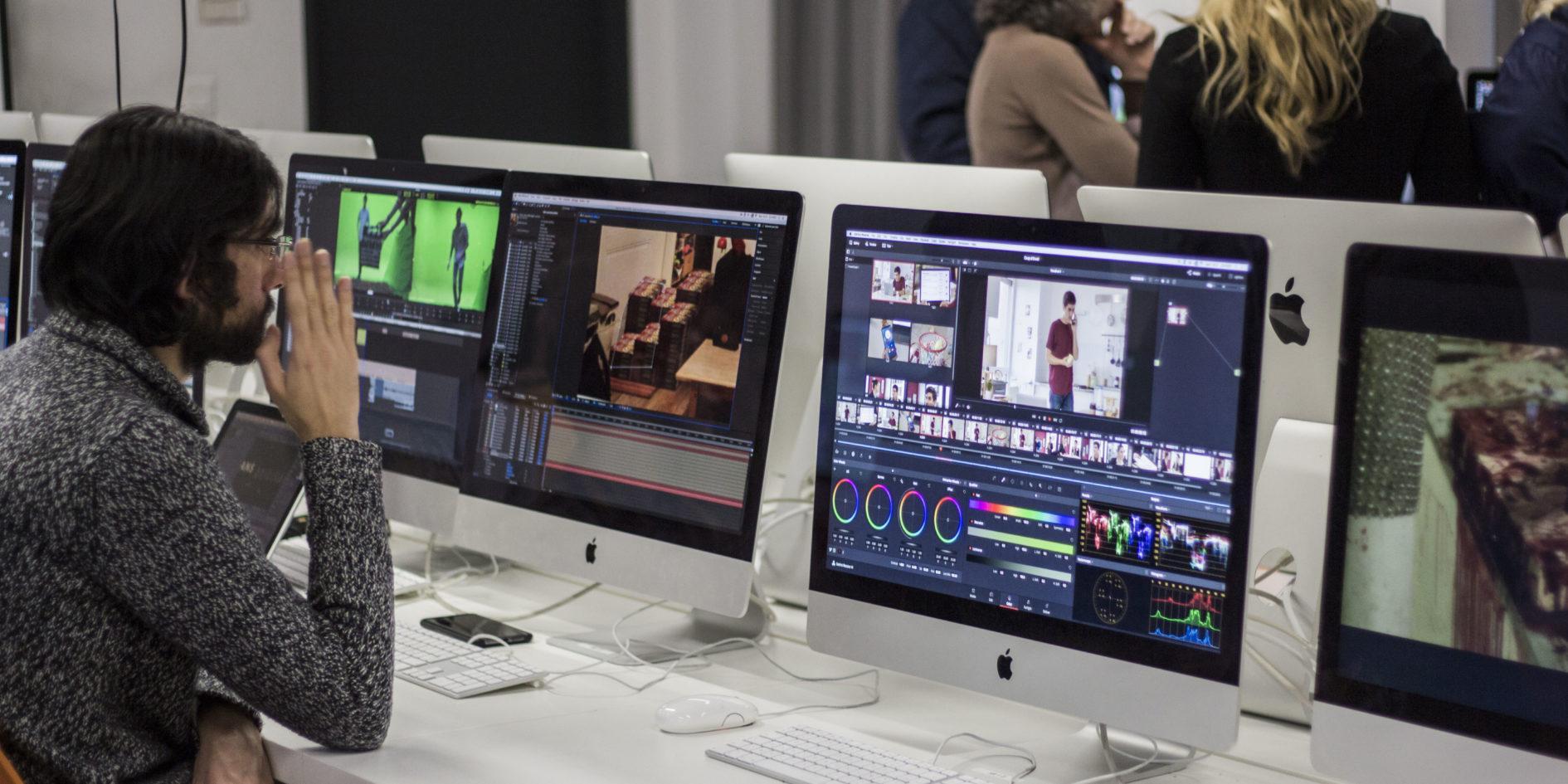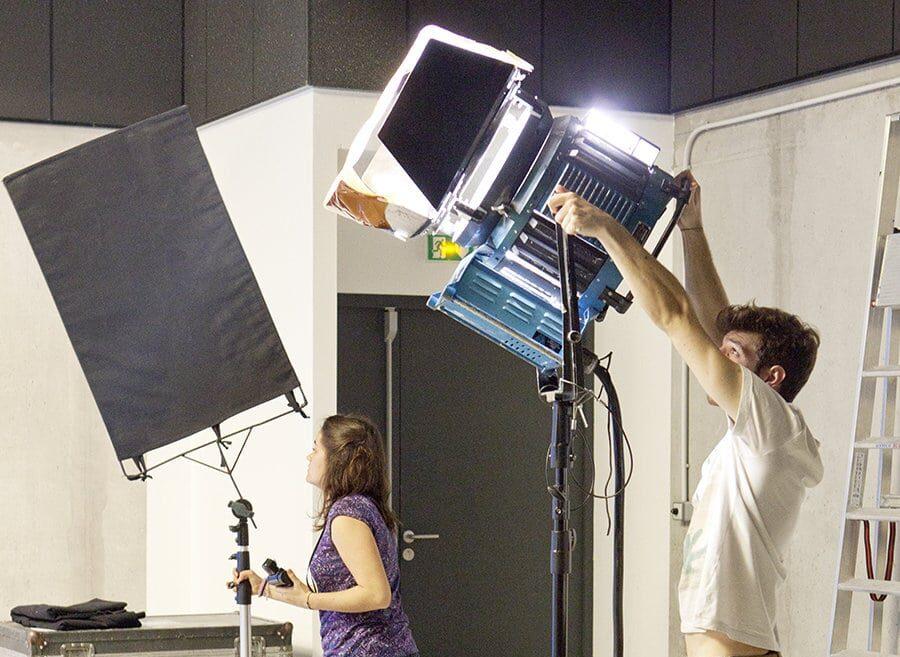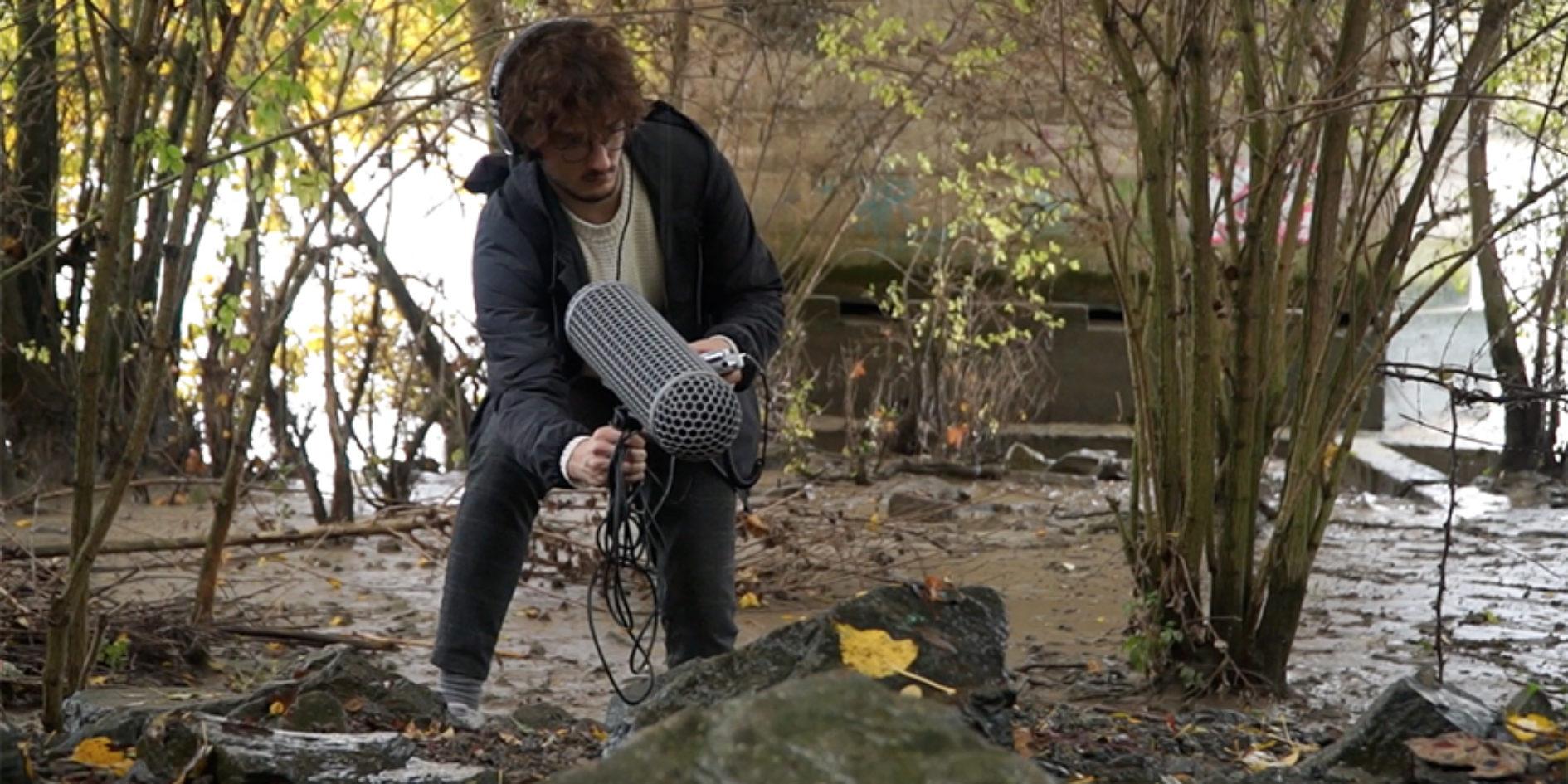Shooting operator
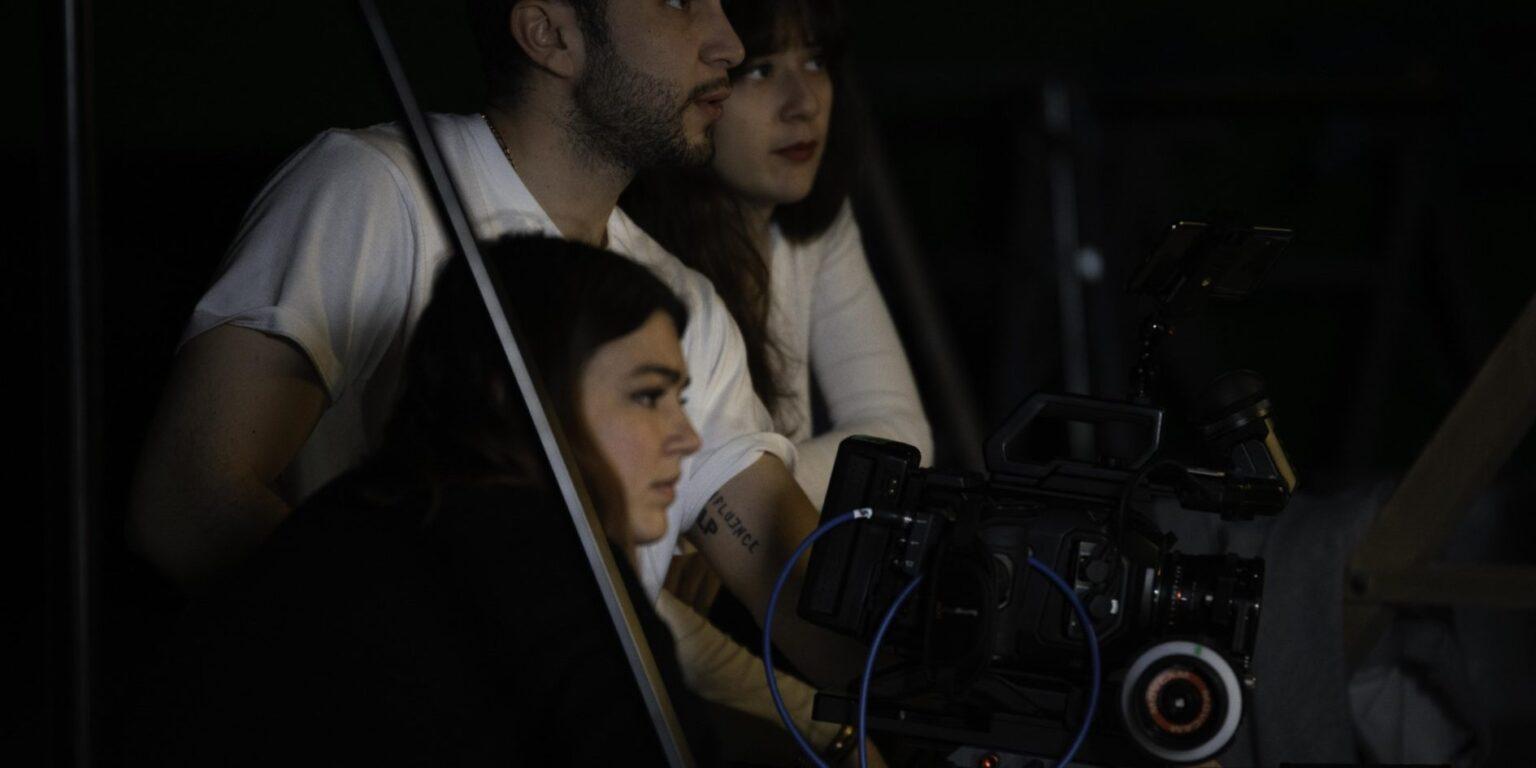
The shooting operator is an essential collaborator in film and television direction.
Also known as a cameraman, the shooting operator is a rigorous professional and the responsible for the image quality.
Here’s what you need to know about his / her missions, training and skills, among other information.
Roles and missions
of the shooting operator
The shooting operator is a cameraman working on a wide variety of projects.
Depending on the importance of the show, he / she may have to work with about ten colleagues, all of whom are shooting operators. He or she often wears a headset in which he or she receives instructions from the director, who is in the control room.
In the course of his work, he can shoot with the camera on his shoulder or on a stand: it all depends on the nature of the program and the framing requirements. Shooting operators may be required to move around the set and be visible on screen. Some programs broadcast footage on which the operators film each other while working.
The image professional does not just follow the instructions he or she receives. He or she works with the director to identify the framing to be used to achieve the desired effects.
Then, during the shooting, he will have to adapt his framing and camera settings to the shooting conditions: location (indoor or outdoor), people being filmed, lighting and brightness, etc. It is also up to the shooting operator to ensure that no unforeseen events interfere with a scene.
Finally, his or her mission also consists of ensuring a certain harmony between the different shots that follow one another.
As a close collaborator of the chief operator, this professional can surround himself with assistants who take care of the preparation of the material and accessories necessary for the image focusing and the filming of a shot.
The shooting operator carries out his job in very variable conditions and different contexts, depending on the characteristics of each project.
Diplomas and training
In order to become a shooting operator, students can access our training course which is accessible after a Baccalauréat. Training in the audiovisual professions is essential to be able to enter the job market in this position.
Likewise, internships and other personal experiences are also interesting and rewarding to become a shooting operator in the television or film industry.
Here, it is advisable to multiply internships as an assistant shooting operator in order to familiarize with the professional equipment and techniques, but also to gain experience and increase your knowledge of the profession.
Skills and required qualities
The shooting operator is an audiovisual professional who guarantees the quality of the image. He must have a sense of composition, and pay great attention to details (lighting, depth of field, movement of actors, etc.).
He has a perfect command and a great knowledge of cameras (projection, image processing…). The shooting operator works in close collaboration with the machinist, the chief operator and his possible assistants. It is therefore necessary for him to have a sharp sense of relationship and a great sense of listening.
A shooting operator must also be a proactive person, with initiative and a great sense of versatility. He is both rigorous and flexible, with a flawless capacity for adaptation. And that’s not all…
He or she has some manual dexterity, a great sense of perspective and an excellent visual memory. His or her knowledge of the film and audiovisual sectors is considerable and useful in the exercise of his or her profession.
Other skills related to the profession, such as an interest in technologies and their evolution, can be attributed to the shooting operator. Or a perfect reconciliation of technical imperatives with the objectives of the chief operator. Rigor, precision and organization are qualities that also characterize him.
Careers and professional opportunities
In France and worldwide, the number of audiovisual productions is increasing every year.
The opportunities for shooting operators are considerable and are multiplying over time. One or more cameramen are hired for each TV film or movie produced. As for television channels, they need staff for their shows and news programs.
Opportunities are plentiful in this occupation and there are many openings in both television and film production.
It is common to begin a career as a shooting operator and then move on to other occupations. After several years of experience, a shooting operator may become a chief operator.
They are also called ” directors of photography ” in film and television industries. The director of photography is also one of the close collaborators of the operator on a film set.
Salary expectations
The shooting operators belong to the entertainment occasional workers. As such, they do not have a fixed salary, but they are paid for each project individually.
The salary can then vary considerably depending on his ./ her professional’s reputation, professional experience, the number of days of shooting for the project…
The salary of shooting operators varies between 1,600 and 5,500€ net per month. As for the chief operator, he can claim a salary of 3,800 to 12,200€ net per month. Once again, these figures are highly variable and depend on many criteria.
Naturally, the shooting operator’s salary is higher at the end of his or her career than at the beginning. This is also the case for many other jobs in the audiovisual industry.

